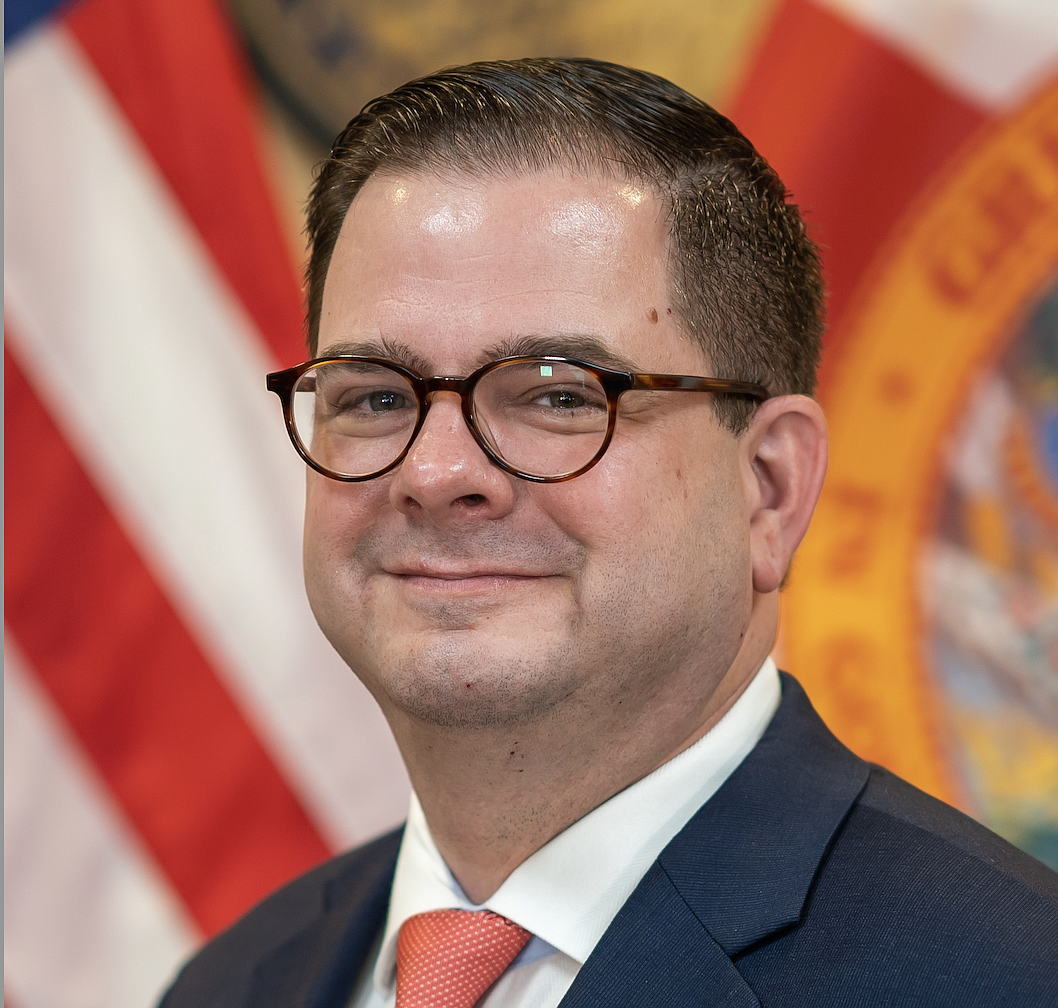
What inspired you to become a lawyer?
I had a nontraditional path to becoming a lawyer.
When I was about 5 or 6, I had the bright idea to hide all of the wooden spoons in the house.
In my mind no wooden spoons meant no punishment (it was the ’70s when sensibilities were a bit different) which I thought meant complete impunity (though at 5 or 6 not exactly in those terms).
When I soon discovered that not only had I not escaped accountability for all future endeavors, but was in fact in trouble for hiding the spoons, I was incensed.
I suppose step one was what Oliver Wendell Holmes referred to as the “bad man theory.” I only wanted to know the rules so I could avoid authority’s interference. More succinctly, “you’re not the boss of me” and “oh yeah … says who?”
Step two, then, would be all the trouble a young person finds himself in when that overdeveloped sense of autonomy meets with actual rules.
Without drifting into too detailed of an autobiography, a lot of life’s doors closed.
Eventually, with luck and providence, maturity started to set in and opportunities to get life on track appeared.
First a stint in AmeriCorps, which provided an education award that I used to attend Brevard Community College. Prior to that I hadn’t thought college would be something I could afford.
While at BCC, I had an opportunity to start volunteering at my state senator’s office. Before long, the volunteer position became an actual job as a legislative assistant.
There I was in a professional position that is both law adjacent and public service focused.
I was still working on my undergraduate degree and had the good influence of then-State Sen. Bill Posey, the finest man I have ever known.
I had the desire to do something meaningful with my life. The West Wing and Law & Order were both regularly airing.
With the combination of those influences, and a vestigial hint of Holmes’s bad man, I started to develop a strong interest in the law.
I finished my AA at Brevard Community College, transferred the credits to the University of Central Florida, and majored in legal studies. The next step was law school.
What inspired you to become an appellate judge?
Appellate judge was likely my goal as soon as I started thinking about the law and certainly before I ever realized it was a goal.
As soon as I started taking legal studies classes, we were reading cases. Cases are considered and decided by appellate judges.
There is an old adage about appellate judges just being law students that grade their own papers.
It’s a fun and certainly attractive way to think about the role of an appellate judge.
The work is interesting. It’s more than just academic navel gazing.
Judges also have an opportunity to make a meaningful impact in people’s lives. The work is important. Combining interesting and important work into one role — what else could you want?
What inspires you now?
Family and mortality. My wife and daughter are my moral center and foundation. I want to be, and make the world, better for them.
Second, memento mori—I only have a limited amount of time to make that limited amount of time matter.
How do you relate your undergraduate degree to your practice on the appellate bench?
I graduated with a degree in legal studies. It was a decidedly pragmatic degree.
The subject matter that interested me during undergrad would generally lead to a major in pre-law, legal studies or political science.
Legal studies had the most accessible schedule for evenings and online courses while I was working full-time as a senate aide.
The degree was helpful in providing a framework to understand law school and it was interesting subject matter.
That said, it all gets repeated in greater detail during law school.
How do you relate your prior professional experience to your practice on the appellate bench?
I’ve been fortunate over the course of my career to see how different aspects of our government work.
I’ve worked in the Legislature and seen how forward-looking policy is considered and how the laws are made to enact that policy.
I’ve worked at state agencies and in the governor’s office and seen what is entailed with trying to enact those policies and the agenda that the electorate chose.
Now as a judge I see how the laws affect people in their individualized circumstances.
It’s helped me have a strong appreciation for how our checks and balances actually work, for the importance of our separation of powers, the limited role of a judge and most importantly that all political power belongs to and is derived from the people.
While working in the governor’s legal office, I had the opportunity to conduct hundreds of interviews for judicial applicants.
I had the chance to discuss judicial philosophies with some of the best judges appointed in Florida and was able to learn something from every applicant.
I was able to glean lessons from the best and take warnings from the worst about how to approach being a conscientious judge.
If you weren’t an appellate judge what do you think you would be?
Depends on luck and providence. I’m not particularly talented at authoring my own life story. I’m not bad, though, at answering the call to serve when it comes.
Hopefully, I would be something needed and useful, lacking as I do the qualifications to be a gentleman of leisure.
What’s your favorite food?
Rib-eye steak, medium rare. Salt and pepper. Don’t try anything fancy with it.
What’s your favorite holiday and why?
Christmas. I have a 6-year-old. The joy and excitement that little kids have on Christmas morning is pure magic.